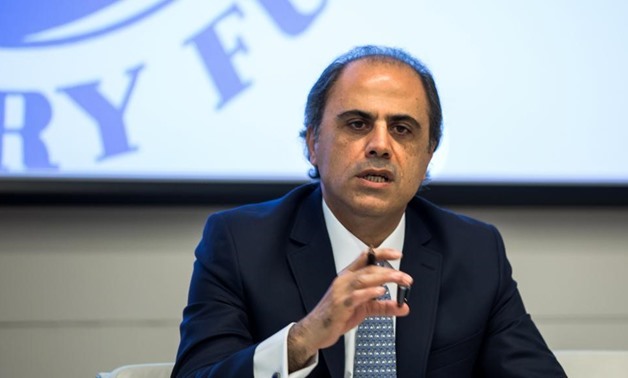Real GDP in the MENA region is now expected to grow 4 percent in 2021, up from the fund’s October projection of 3.2 percent.
However, the outlook will vary significantly across countries depending on factors such as vaccine rollouts, exposure to tourism and policies introduced, the IMF said in its latest regional economic report published on Sunday.
Jihad Azour, director of the IMF’s Middle East and Central Asia department, said the recovery would be “divergent between countries and uneven between different parts of the population.”
He told CNBC’s Hadley Gamble that the growth would be driven mainly by oil-exporting countries that will benefit from the acceleration of vaccination programs and the relative strength in oil prices.
Azour said each country’s capacity to recover in 2021 varies a “great deal.”
″(The) vaccine is an important variable this year, and the acceleration of vaccination could contribute to almost one additional percent of GDP in 2022,” he said.
Some countries in the region — such as the Gulf Cooperation Council states, Kazakhstan and Morocco — started their vaccinations early and should be able to inoculate a significant share of their population by end-2021, the IMF said.
Other nations including Afghanistan, Egypt, Iran, Iraq and Lebanon were classified as “slow inoculators” that will probably vaccinate a big portion of their residents by mid-2022.











Comments
Leave a Comment